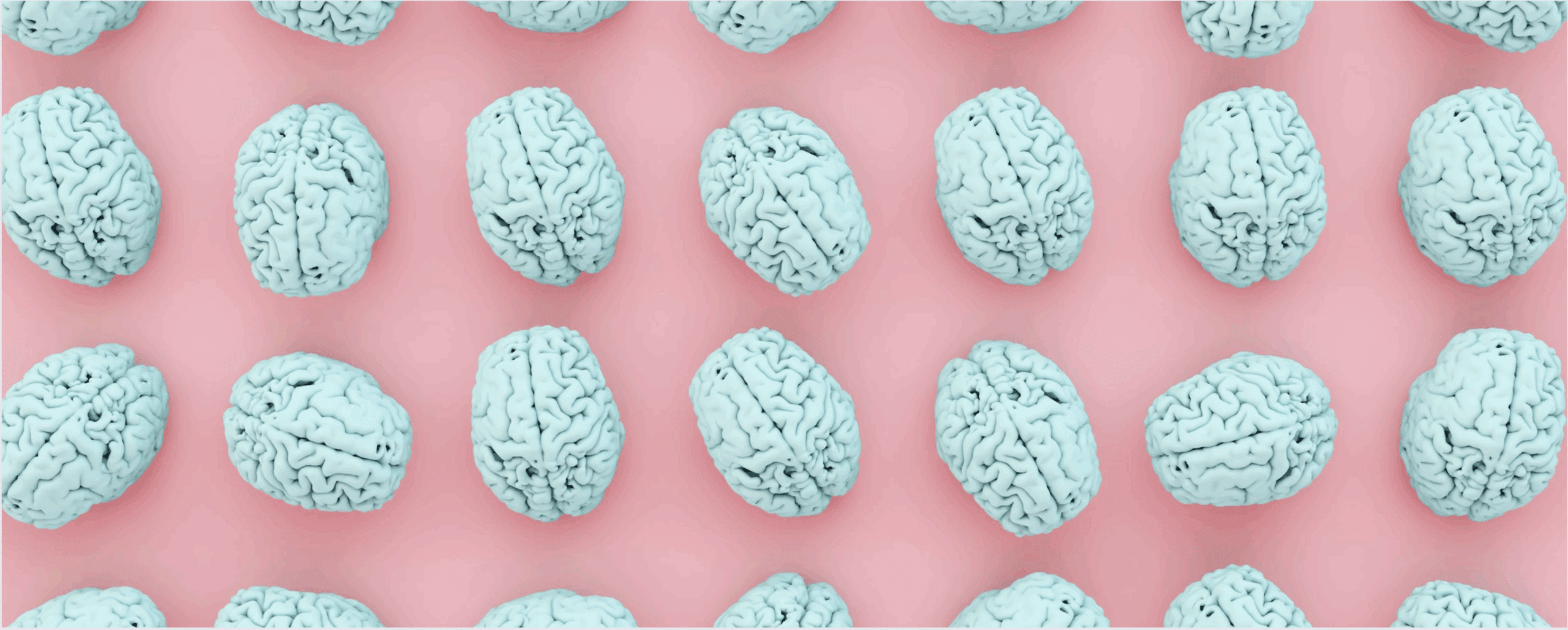Cocaine is a powerful, illicit drug with a long history of use and abuse across the United States and the world at large. Known for its euphoric and energizing effects, cocaine has been the cause of many addiction and overdose cases. As such, recovering cocaine addiction is a necessary step for those looking to regain control of their lives. To get the help you need, it’s important to understand what cocaine is like, why it is addictive, and what you can expect during the cocaine detox process.
What Is Cocaine?
Cocaine is a highly potent stimulant known for its stimulative effects on the central nervous system. It is derived from the coca plant and has been used for centuries in South America for its stimulating effects. In the early 1900s, cocaine became popular as a medical treatment for various ailments such as toothaches, headaches, and fatigue. However, it wasn’t until the 1970s that its recreational use skyrocketed.
Today, cocaine is classified as a Schedule II drug by the United States Drug Enforcement Administration (DEA), meaning it has a high potential for abuse but also has some accepted medical uses. Despite its illicit nature, cocaine remains a popular recreational drug, with alarming usage statistics. Among people aged 12 or older in 2021, 1.7% (or about 4.8 million people) reported using cocaine in the past 12 months.
It is typically sold illegally in powder form and can be snorted, smoked, or injected. Cocaine comes in two main forms, including a white powder commonly known as ‘coke’ or in the crystalline form referred to as ‘crack.’ Other common street names for cocaine include “blow,” “snow,” and “flake.”
Is Cocaine Addictive?
Yes, cocaine is highly addictive. Its addictive nature stems from its ability to alter brain communication, mainly through the release of dopamine, the neurotransmitter that plays a role in pleasure. Dopamine is released in large amounts when cocaine is used, causing intense feelings of euphoria and pleasure. This process hijacks the brain’s reward system which results in a strong urge to continue using cocaine.
Consistent cocaine use often results in tolerance, which is when a person requires larger doses of cocaine over time to achieve the same high they once experienced with smaller amounts. This is because the brain becomes accustomed to the increased levels of dopamine and begins to rely on cocaine for pleasure. Often, this phenomenon results in cocaine binges, where people abuse cocaine over and over until they run out of their supply, sometimes staying awake for several days.
The more frequently cocaine is used, the more likely it is that a person will develop a psychological dependence on the drug, also known as cocaine addiction, or cocaine use disorder. After developing an addiction to coke, people experience cocaine withdrawal after they stop using the drug for some time. The onset of cocaine withdrawal symptoms varies, occurring anywhere from a few hours to several days after the last use.
Common Signs of Cocaine Addiction
There are several signs and symptoms that may indicate someone is addicted to cocaine. Some signs of cocaine addiction include:
- Needing increasing amounts of cocaine to achieve desired effects
- Experiencing intense cravings or urges for cocaine
- Continuing to use despite negative consequences (financial problems, relationship difficulties, or health issues)
- Spending a significant amount of time obtaining, using, or recovering from cocaine use
- Neglecting responsibilities and activities that were once important to them
- Engaging in risky behaviors while under the influence of cocaine
- Developing tolerance to the effects of cocaine
- Experiencing cocaine withdrawal symptoms once the drug has worn off
If you or someone you know is exhibiting these signs and symptoms, it may be an indication of a serious cocaine addiction. It’s important to seek help and support from a cocaine detox as soon as possible.
What Are The Side Effects Of Cocaine Abuse?
While many people abuse cocaine for its euphoric and energizing effects, these are short-lived, driving individuals to seek repeated use to maintain the desired high. Unfortunately, the negative impact of cocaine on the body and brain isn’t something to take lightly.
In general, short-term side effects of cocaine abuse include:
- Increased heart rate and blood pressure
- Elevated body temperature
- Constricted blood vessels
- Dilated pupils
- Decreased appetite
- Sleeping issues
- Anxiety and panic attacks
- Paranoia
- Impaired judgment and decision-making
- Aggressive behavior
These physical and psychological effects can have severe consequences for a person’s health and well-being, especially if cocaine abuse continues. Long-term cocaine abuse can damage various organs in the body, such as the heart, lungs, and brain.
As a result, people who use cocaine have an increased risk of serious health issues, including:
- Heart attack
- Stroke
- Seizures
- Respiratory failure
- Brain damage
People who abuse cocaine may also develop mental health issues or a worsening of preexisting mental health symptoms. Overtime, cocaine has a severely negative impact on serotonin and dopamine production, often resulting in suicidal thoughts, ideation, and attempts.
On top of this, cocaine is often used in combination with other substances such as alcohol or opioids. This increases the risk of a cocaine overdose and potentially fatal interactions between drugs. The method of administration (snorting, injecting, or smoking) also affects the potential dangers of cocaine use.
Due to the highly addictive nature of cocaine, it can be difficult for users to stop using even when they are experiencing these negative side effects. Seeking professional help and support is often necessary for those struggling with cocaine addiction.
If you or someone you know is using cocaine, it’s important to seek help and treatment as soon as possible. The longer one continues to use cocaine, the more damage it can cause both physically and mentally. Recovery is possible with proper support and resources.
Cocaine Withdrawal Symptoms
Cocaine withdrawal is the psychological and physical side effects that occur after the drug leaves your system. Typically, cocaine withdrawal symptoms start soon after a person stops using cocaine or crack, however the exact onset of withdrawal varies from person to person. In general, people may begin experiencing them anywhere from a few hours to several days after last use.
Coke withdrawal symptoms may include:
- Anxiety
- Depression
- Dehydration
- Fatigue and excess sleep
- Hallucinations
- Increased appetite
- Increased cravings for cocaine, stimulants, or other mood-altering substances
- Irritability
- Memory problems
- Paranoid thinking
- Poor concentration and focus
- Restlessness
- Slowed movements
- Vivid/disturbing dreams
The severity of symptoms depends on various factors, including:
- How often and for how long you used cocaine
- The presence of other mood-altering substances—like alcohol, opioids, or benzodiazepines—in your system
- Any medical conditions
- Your age
- Previous histories of detox and withdrawal
People often call this period “the crash,” which can last up to one week. However, many people in recovery from cocaine addiction experiencing post-acute withdrawal symptoms (PAWS) which can persist for several weeks or months.
If you believe that you or a loved one may have a problem with cocaine use, it is important to seek professional help as soon as possible. Recovery is possible with proper cocaine addiction treatment and sober support.
Get confidential help from our addiction and mental health treatment facilities located across the United States. Call to join one of our quality programs today!
Speak With Our Admissions TeamDrug Detox for Cocaine
If you’re struggling with cocaine addiction and withdrawal symptoms, a drug detox program can help. Detoxing from cocaine is a critical step in overcoming addiction. The cocaine detox process removes the drug from the body, addressing withdrawal symptoms, and laying the foundation for comprehensive addiction treatment. The importance of professional guidance during cocaine detox cannot be overstated.
Medical supervision ensures a safe detox, with trained staff monitoring symptoms and providing immediate medical support if complications arise. Cocaine addiction treatment specialists offer psychological care through group and one-on-one counseling, equipping you with coping tools to manage cocaine withdrawal symptoms effectively.
What Is Cocaine Detox Like?
After arriving at a cocaine detox center, you will receive around-the-clock medical care and support until you feel better. At the start of treatment, you will speak with a team of medical professionals who will conduct a full round of medical and psychiatric assessments. These thorough assessments and evaluations will collect medical information including:
- Substance use history
- Mental health diagnoses
- Medical conditions
This information will help your team establish a treatment plan that’s right for you.
All cocaine and crack detox programs are different. Usually, medical detox centers match you with a case manager and an individual therapist to help guide you throughout treatment. These professionals offer support and guidance. They will also teach you coping tools to manage your cocaine withdrawal symptoms.
Many detox programs also offer clinical groups. Groups may focus on:
- Coping skills
- Co-occurring disorders
- Cognitive behavioral therapy (CBT)
- Emotional regulation
- Relapse prevention
- Spirituality
- Self-esteem
- Stress management
Cocaine detox can take place in various settings, ranging from medical facilities to specialized treatment centers. Professional assistance is crucial during this phase, as withdrawal symptoms can be challenging. The duration of detox varies, typically lasting from 2 to 10 days, depending on individual factors such as physical health and the severity of addiction.
Post-detox, a transition into partial care or outpatient programs facilitates continued recovery, addressing the broader aspects of addiction and promoting long-term sobriety.
Detox alone isn’t a complete treatment for cocaine use. Most people need long-term structured support. Your detox team will help you understand the type of treatment that will give you a life free from the burden of cocaine addiction.
What To Look for in a Cocaine Detox Center
Choosing the right cocaine detox center is a critical decision on the path to recovery. Working with professional addiction treatment staff offers numerous benefits, including specialized care, tailored treatment plans, and a supportive environment.
A good treatment center should provide a holistic approach to recovery, addressing not only the physical aspects of addiction but also the underlying psychological factors. It should offer a range of therapeutic interventions, including relapse prevention, stress management, coping skills development, and treatment for co-occurring disorders.
Moreover, a reputable detox center should have experienced and compassionate staff, ensuring that individuals receive personalized care throughout their recovery journey. The center’s success rate, accreditation, and available aftercare programs are also essential factors to consider when making this crucial decision.
Looking for quality treatment for substance abuse and mental health that’s also affordable? Aliya Health Group's treatment facilities accept most major insurance providers. Get a free insurance benefits check now!
Check Your CoverageCocaine Addiction Treatment Near You
Aliya Health Group, a leading institution in addiction treatment, offers a comprehensive approach to cocaine addiction treatment. From detox to aftercare, we foster lasting recovery.
Our cocaine and crack cocaine detox process begins with a supportive and supervised environment, whether individuals arrive under the influence or in the midst of a crash. An admissions counselor conducts a thorough medical and psychiatric assessment, gathering information on medical history, substance use, and relevant issues. This data informs a personalized treatment plan tailored to the unique needs of each individual.
Assigned case managers and therapists provide ongoing support and guidance, equipping you with coping tools to manage withdrawal symptoms effectively. Clinical groups cover various aspects of recovery, including relapse prevention, stress management, coping skills development, co-occurring disorders, emotional regulation, spirituality, cognitive-behavioral therapy (CBT), and self-esteem.
While detox addresses immediate concerns, we recognize that it’s not a complete treatment for cocaine use. Long-term structured support is crucial, and the transition into partial care or outpatient programs allows many to continue their recovery journey.
With a focus on understanding addiction and fostering a life free from the burden of cocaine addiction, Aliya stands as a beacon of hope for those seeking lasting recovery. Contact us today to learn more about our cocaine detox and drug rehab programs.















